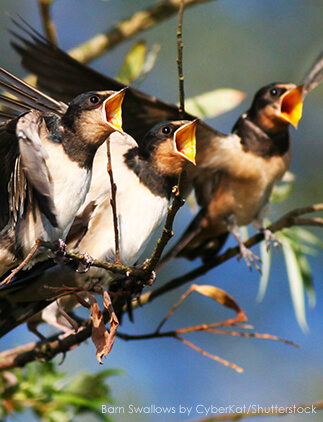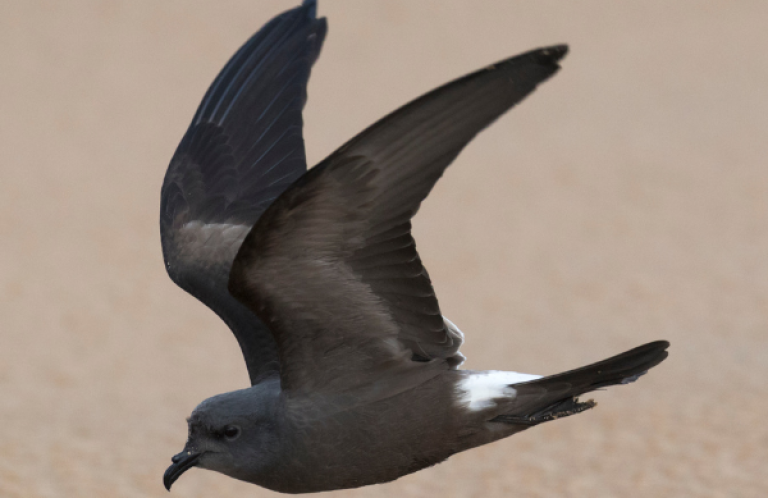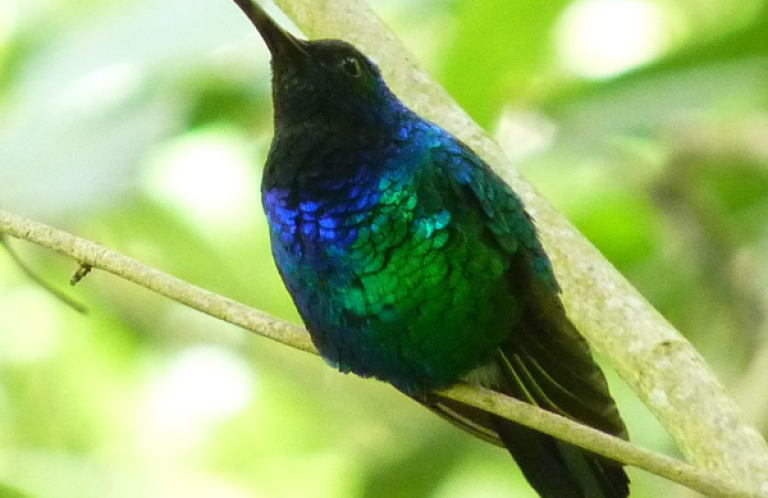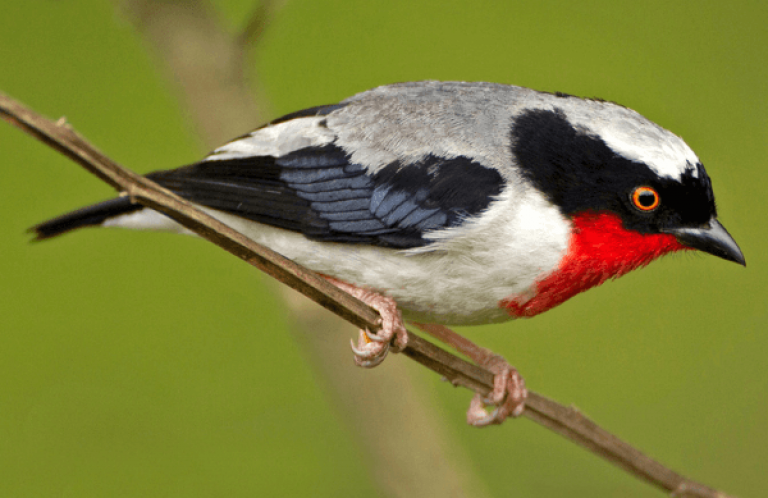Summer Months Critical for Birds: Ten Things You Can Do to Help as Temperatures Climb
 |
(Washington, D.C., June 24, 2014) As the busy July 4th weekend approaches, billions of birds in North America are carrying out a host of activities related to raising their young and preparing for migration—and there are many simple things the nation's 45 million birdwatchers can do to help our birds in those life-sustaining tasks.
According to ABC President George Fenwick, “The next three months are critical. Some studies suggest that perhaps as many as half of all migrating birds do not make it back home, succumbing to various threats along the way. Our birds need all the help they can get.”
Fenwick added: “Simple instinct is not always enough to keep the birds alive given the enormous tracts of habitat that have become suburban sprawl; the draining of waterways; the loss of biomass to pesticides; air and water contamination; and other threats such as window glass, cats, and wind turbines.”
Below are American Bird Conservancy's recommended top ten things concerned individuals can do to help birds breed successfully and prepare for fall migration.
1. Leave baby birds alone. If you find a baby bird out of its nest, don't pick it up or bring it indoors. Although people mean well by “rescuing” the baby birds they find, in almost all cases, the parents are nearby and know best how to care for their young. An exception is injured birds, which can be taken to a local wildlife rehabilitator for treatment.
2. Ensure dogs and cats stay away from young birds. Free-roaming cats kill billions of birds every year, taking an especially high toll on fledglings. Loose dogs also have an impact on nesting birds; for example, roaming dogs are suspected of recently wiping out a colony of threatened Least Terns in Florida. Keep your pets contained, and be especially cautious near beach-nesting birds.
3. Keep things fresh. Your birdbath or other water feature should be cleaned regularly and kept filled with fresh water. Hummingbird feeders also need special attention, as hummingbirds will be switching back from an insect-rich diet to nectar in preparation for flights south in the fall. Be sure to thoroughly clean hummingbird feeders and replace the sugar water before it ferments—usually within three to seven days depending on the heat and sun.
4. Maintain your land in a bird-friendly fashion. Consider letting some of your yard or other property go “wild,” or garden with native plants. Even small wild areas act as sources of food and shelter for birds through the summer. Avoid or minimize tree trimming to prevent disturbance to nesting birds. Where possible, avoid mowing grass in large fields and roadsides until after July to enable ground-nesting grassland birds to safely fledge.
5. Be a good landlord. If you're lucky enough to have swallows or phoebes nesting on your porch or carport, keep the nest intact. The birds will be gone soon enough, and in the meantime, they will help you out by eating hundreds of insects each day. If you have active nest boxes, clean them out after the young have fledged. Old nesting material attracts parasites and can be a source of disease.
6. Don't spray: Stay away from pesticides. Reconsider using pesticides, since even products labeled as “safe” will likely have negative consequences on birds. For example, many home and garden products include neonicotinoids, or “neonics,” which have been found to be deadly to both bees and birds in even minute amounts. See this list of products to avoid from our friends at the Center for Food Safety.
7. Celebrate good times … without balloons. When weddings, graduations, and other parties are on your list of to-do's, put balloons on your list of don'ts. Birds can become entangled in the long ribbons; individuals have been found hanging from trees or asphyxiated. Birds may also ingest the deflated balloon itself, which can eventually block the digestive tract and cause the animal to starve.
8. Turn the outdoor lights out. Review your outdoor lighting for unnecessary disturbance to night-flying birds (as well as wasted energy). Bright artificial lights can disorient migrating birds and make collisions with windows, buildings, and other structures more likely. Consider putting steady burning lights on motion sensors. Or, if your outdoor lighting needs permit, consider blue and green LED lights as they are less distracting to night-migrating birds.
9. Be a bird-friendly boater. If you're boating, avoid disrupting birds. Boats operated in proximity to nesting birds can cause behavioral changes, even leading to nest abandonment and failure in some cases. If you notice congregations of birds, steer clear to enable them to spend their energy on gathering food and raising their young.
10. Gone fishing? Remember the birds. Discard fishing line properly in trash receptacles, since entanglement in line is a common and preventable source of bird mortality. If you accidentally hook a bird, don't cut the fishing line. Instead, net the bird, cut the barb off the hook, and push it backward to remove. Just as important, be sure to use only nonlead fishing gear. Scores of birds suffer mortal poisoning from ingesting lead weights in fishing gear.


















































